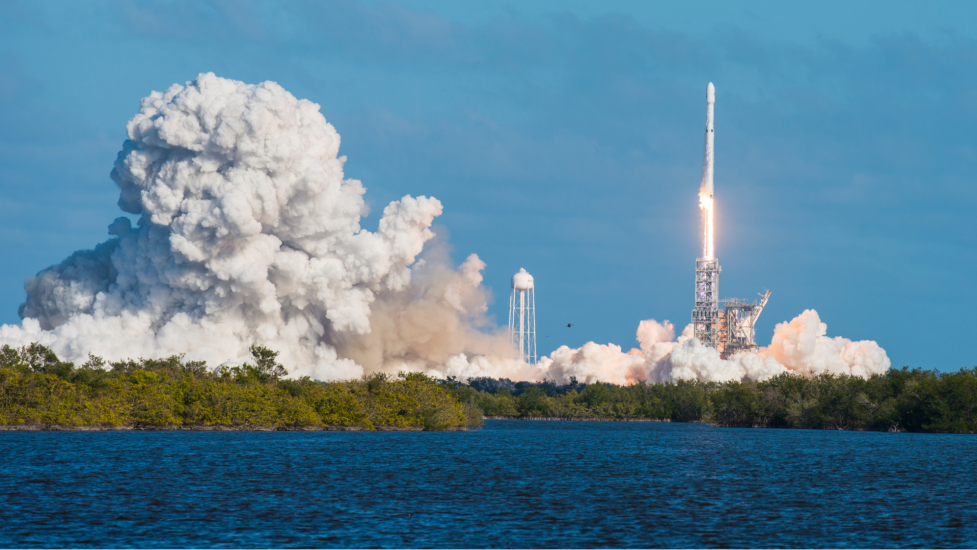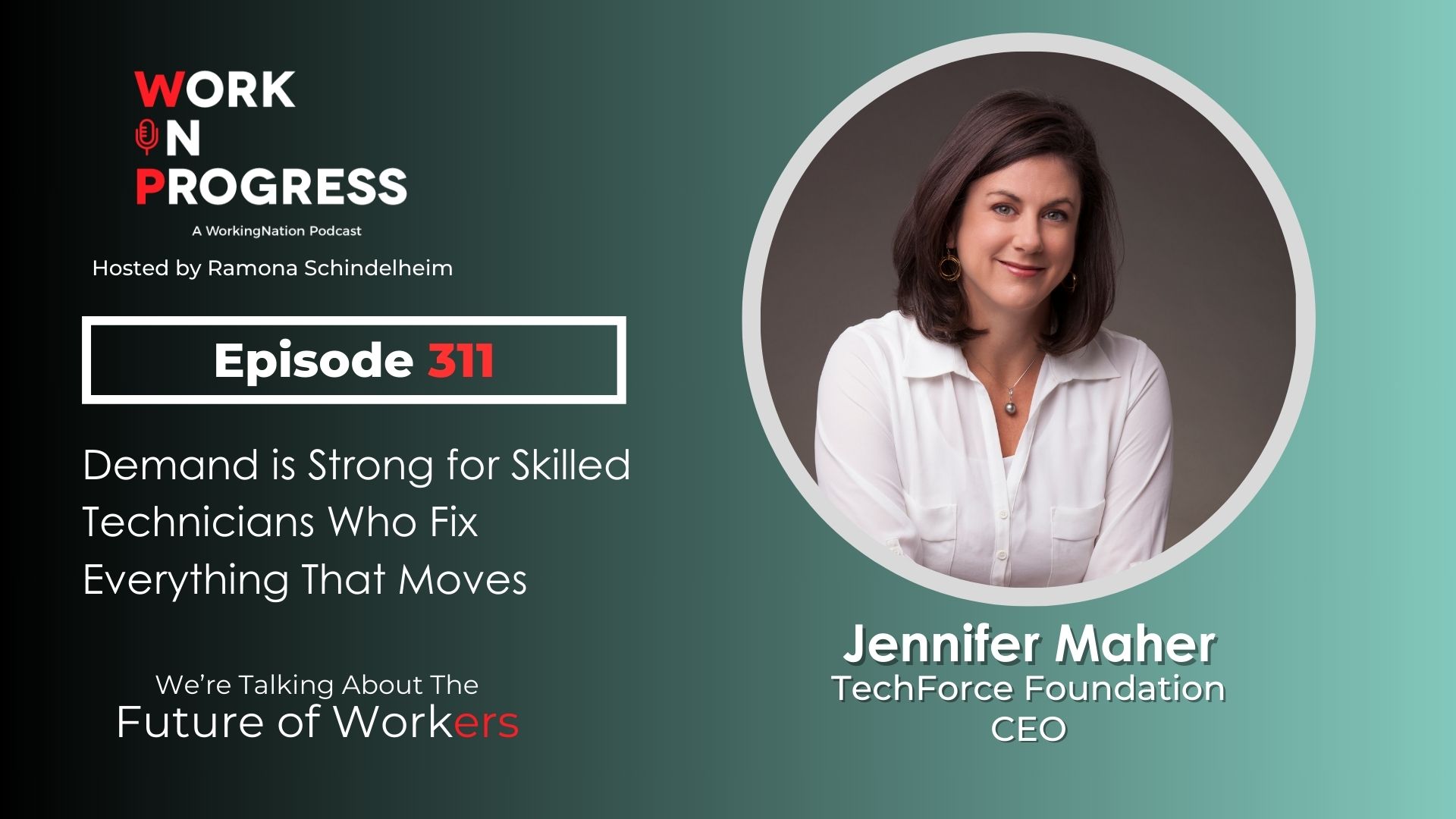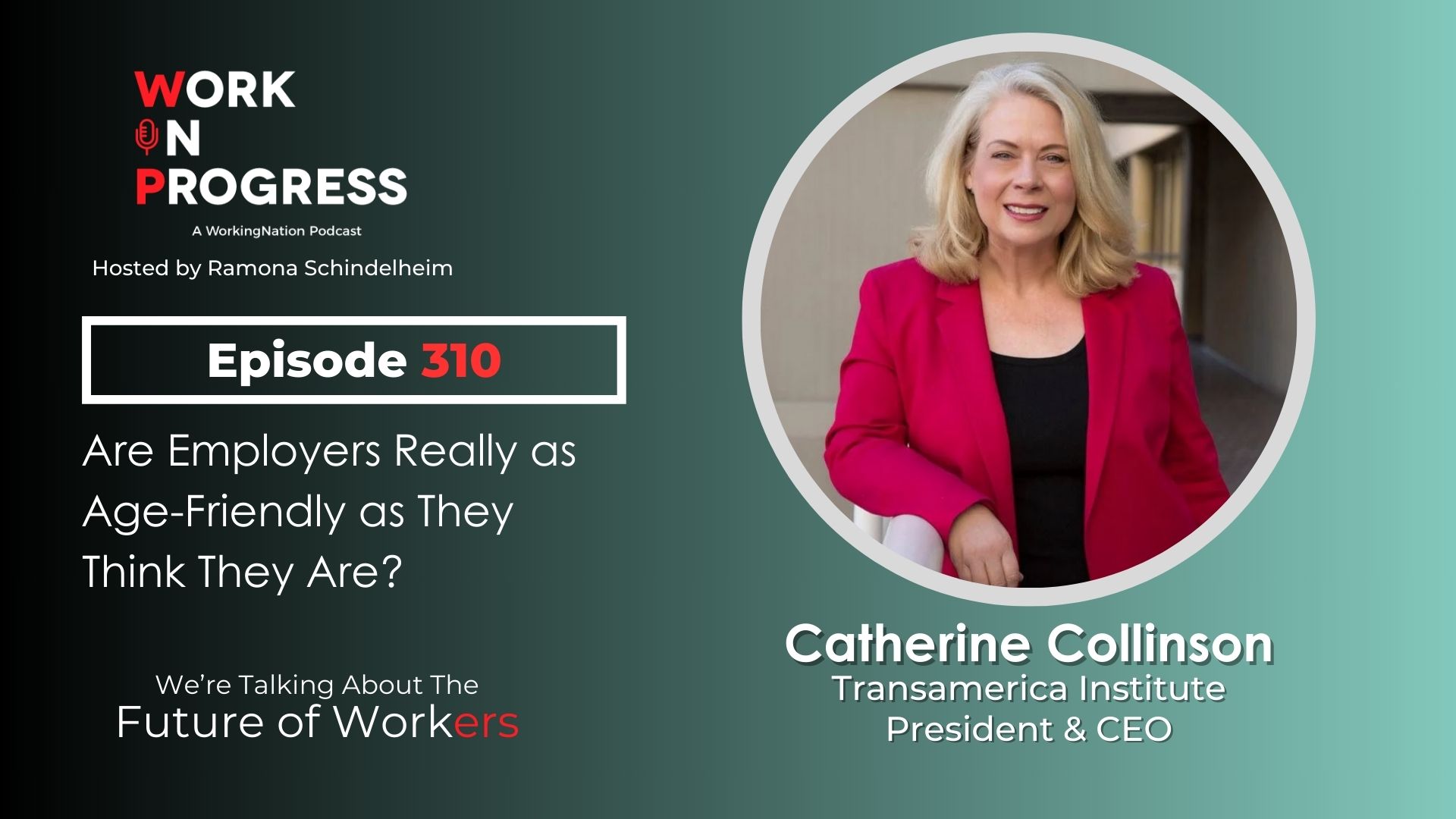From Mars to the Moon, NASA and private space companies are forging full speed ahead into new frontiers. The outer world aspirations are not only captivating imaginations, but generating jobs back on Earth.
Despite the pandemic, hiring and investments in the space industry increased in 2020 and the first quarter of 2021, according to The Space Report released by Space Foundation, which describes itself as a “nonprofit advocate organization, offering a gateway to education, information and collaboration for space exploration and space-inspired industries that define the global space ecosystem.”
The Space Report—an analysis of Bureau of Labor Statistics data—found 5,000 new jobs were added in five key sectors in the industry, marking a 3.2% increase from the prior year.
Manufacturing of space vehicles and guided missiles, as well as broadcast and wireless communications equipment, created the most jobs in the space sector last year, according to the report.
In 2020, private space employment totaled 147,953 workers, the highest level since 2011, when 149,818 were employed, according to the data. Space career job options also include space and geo scientists, electricians, and engineers of all type—aerospace, computers, mechanical, robotics.

“Analysis also found that in regard to U.S. salaries, the average private sector space salary was $123,234, more than double the average salary for all U.S. private sector jobs of $59,202, and well above the average annual salary of $95,350 for STEM occupations, according to 2019 data, the most recent year available,” according to the report.
It’s all part of an estimated $423.8 billion global space economy with private, commercial companies driving growth. By one estimate, the space industry could top $1 trillion by 2040.
Private Companies Partnering with NASA Leading the Job Growth

“When you think about space jobs, many times people think about Apollo or Mercury, and they’re thinking of a time when you had to work for the government, and you had to be an astronaut or a rocket scientist,” Space Foundation Chief Operating Shelli Brunswick tells WorkingNation. “Now the pendulum has swung to where you don’t have to be in government.”
That swinging pendulum in the United States has benefitted companies like SpaceX. In April, NASA awarded SpaceX a $2.9 billion contract to carry the next group of American astronauts to the Moon. The company also made history with a reusable rocket to carry astronauts to the International Space Station.
A search of the SpaceX career listings finds dozens of jobs in Hawthorne, California—where the company is headquartered—for engineers specializing in manufacturing, chemistry, and electronics.
Underscoring the company’s future ambitions, founder Elon Musk tweeted in March, encouraging jobseekers to move to Starbase in Texas, a city he’s reportedly hoping to form to help fulfill SpaceX’s expanding workforce needs.
Please consider moving to Starbase or greater Brownsville/South Padre area in Texas & encourage friends to do so!
SpaceX’s hiring needs for engineers, technicians, builders & essential support personnel of all kinds are growing rapidly.
— Elon Musk (@elonmusk) March 30, 2021
Tech Skills Deliver Jobs
Growth in the private space industry stretches far beyond SpaceX and other well-known commercial space names like billionaire Jeff Bezo’s Blue Origin, which also competed for NASA’s lunar landing contract, and Richard Branson’s Virgin Galactic.
They are among hundreds of companies with job listings featured on Space Talent, a job board funded by Space Capital, a venture capital firm investing in the space economy. The job board contains upwards of 15,000 jobs and internships, mostly featuring companies with tech-centered roles.

“A lot of our roles center around engineering, with software being at the top of that bucket, followed by manufacturing. Aside from that, we also see a small prevalence of product-focused roles in product management and marketing,” according to Justus Killian, founder of Space Talent.
Demand is highest for older workers in their mid-careers. “Our companies are looking for these types of people most often, particularly those with an engineering background.” added Killian.
The Space Industry is Wide-Open
Engineering, though, isn’t the only door into the private space industry, much to the relief of planetary scientist Tanya Harrison, PhD., who says she faced limited options when she started her career in 2008.
“It’s really amazing to see how fast the landscape has changed,” says the 35-year-old Harrison, the director of science strategy for the federal arm of Planet Labs, an Earth observing satellite company.

Harrison moved into the private space industry after more than a decade as a Mars researcher, which included work for a NASA subcontractor.
She describes her current role as being a conduit between the commercial and research communities.
“There is such a boom across the industry. There are opportunities not just from engineering, which is what I think most people would expect, but you have folks in things like business development and business operations.
“You have administrative staff. You have financial staff at places like Planet, and you have scientists like me, ” explains Harrison who is an advocate for more accessibility into the sciences.
Industry Opportunities, With and Without a College Degree
Space Foundation’s Shelli Brunswick is also working to break down barriers and open doors into the space ecosystem, and stresses that all kinds of workers are needed whether you have a high school diploma or a PhD. One way of entering, she said, is by acquiring new skills through certifications in fields like data analytics.
“Some companies during COVID were offering free certifications in data analytics to help individuals who had lost their jobs during COVID reskill and upskill into a new career,” says Brunswick.
Transitioning into the space ecosystem from non-space fields is also possible, but she stressed, “There is opportunity, but it’s not going to fall into your lap.”
Brunswick advises mid-career professionals to seek out volunteer opportunities in the space industry and find a mentor citing the United Nation Office for Outer Space Affairs, as an example of a resource.
At the same time as an effort is being made to raise awareness about the space economy, the push is on to create pathways for students and the future workforce.
With NASA and private space companies setting their sights on Mars and possibilities unknown, Brunswick considers it her job to launch careers and ensure people from all walks of life don’t miss out on the ride.












